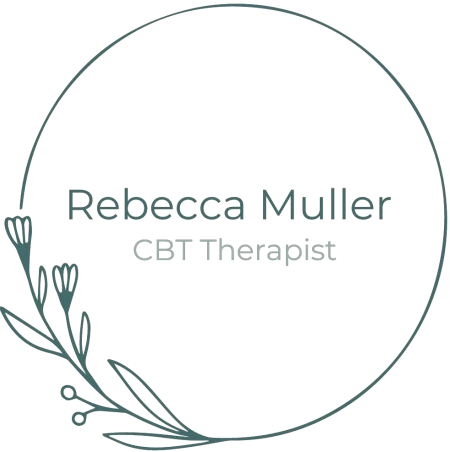Have you ever looked in the mirror after working through trauma and wondered, "Who am I now?" It's a question I hear often from clients in my North Berwick practice who've moved beyond the initial crisis phase of trauma recovery. After months of processing memories and building coping skills, many people find themselves in unfamiliar territory, ready to rebuild their lives but unsure of who they're rebuilding them for.
When You're Ready for Rebuilding
This phase typically emerges when you're no longer consumed by trauma symptoms. You might notice you're sleeping better, feeling more stable, and actually have mental space to think about the future. Instead of asking "What's wrong with me?" you might find yourself wondering "Who am I becoming?" This shift marks an important milestone in your recovery journey.
Rediscovering Your Identity After Trauma
Trauma has a way of fracturing our sense of self. The person you were before the trauma, the person you became during it, and the person you are now might feel like three different people entirely. That's completely normal. Trauma changes us, and while we can't simply return to who we were before, we can create something new and meaningful from the pieces.
Reconnecting with Lost Parts of Yourself
During this phase, you might find yourself drawn to interests you'd abandoned, reaching out to old friends, or reconsidering values that shifted during your darkest moments. It's like trying on clothes after losing weight - some things still fit perfectly, others need alterations, and some no longer suit who you've become. All of these discoveries are an important part of the process.
Creating Your New Identity
The best thing about this phase is that you're not just recovering, you're consciously choosing who to become. You might discover strengths you never knew you had or thought you had lost, develop deeper empathy, or find yourself drawn to helping others. The trauma becomes part of your story without defining the entire narrative.
This process isn't about pretending the trauma never happened or returning to exactly who you were before. Instead, it's about integrating your experiences into a new, more authentic version of yourself.
Practical Steps Forward
Start small. Maybe it's picking up a hobby you once loved, setting new boundaries in relationships, or exploring career changes that reflect your evolved priorities. Trust the instincts you've rebuilt through your healing work, and be patient with yourself as you navigate this new terrain.
Remember, identity isn't fixed. It continues evolving throughout our lives. This rebuilding phase represents genuine freedom, the ability to consciously shape who you want to be moving forward.
If you're in this phase of recovery, or approaching it, know that it's both exciting and sometimes overwhelming. That's perfectly normal, and support is available as you navigate this beautiful process of rediscovering yourself.
If you'd like to explore this rebuilding phase together, or if you're curious about whether you're ready for this stage of recovery, please don't hesitate to reach out. I'm here to support you as you write the next chapter of your story.
